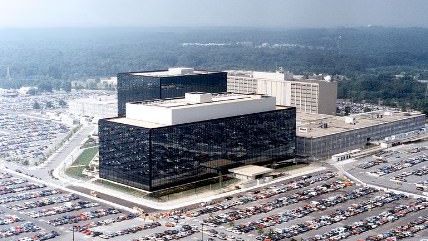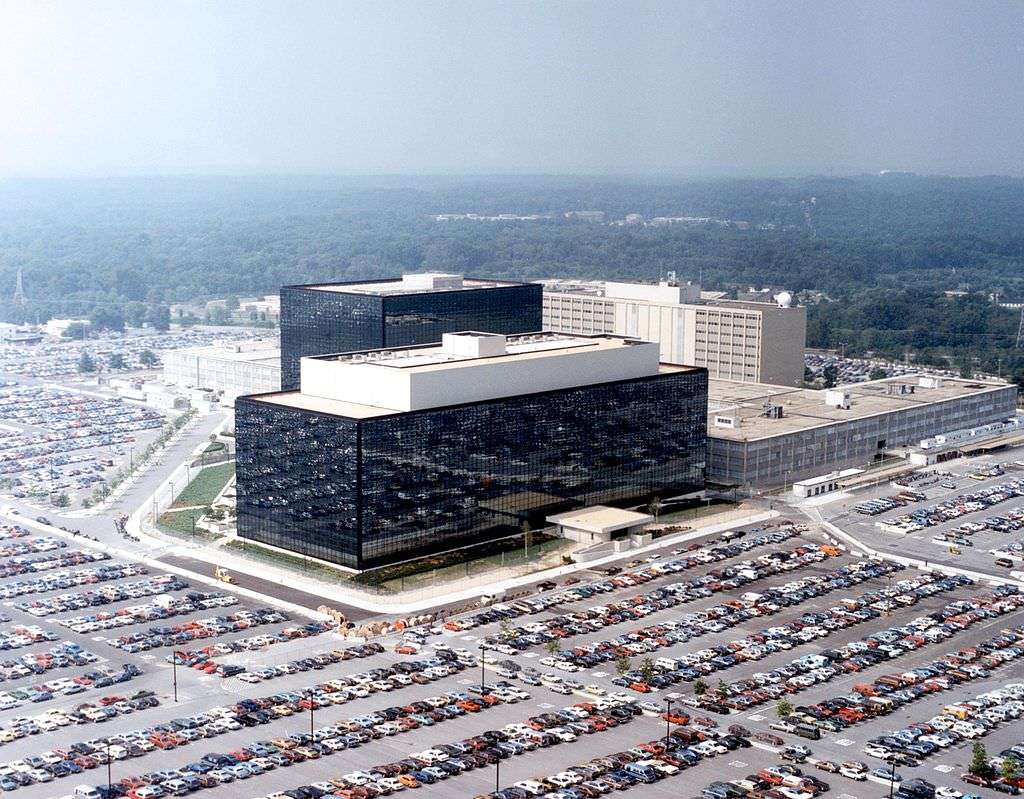Intelligence Court Shrugs at Ruling Against Mass Surveillance, Temporarily Restores NSA Authority for Metadata Collection
A few more months of privacy violations permitted.


The USA Freedom Act, passed at the start of June, ends the National Security Agency's (NSA) practice of mass collection of Americans' phone records under one section of the PATRIOT Act, a process that was being kept secret from us until it was exposed by Edward Snowden.
The section of the PATRIOT Act that had allegedly authorized such metadata collection ("allegedly" is used here because the legislator who wrote the Act said he intended no such thing) expired at the end of May. It was not renewed. Instead the USA Freedom Act was put into place.
But the Freedom Act gave the NSA six months to implement a new method of collecting data that calls for the use of specific search terms and from gathering the records from the telecom companies. It does not allow the NSA to just snatch up everybody's phone records anymore. So what kind of record collection authority does the NSA have in the meantime?
Actually, the NSA has all sorts of other authorities to collect records, but we're referring specifically to what the Freedom Act authorizes in the place of Section 215 of the PATRIOT Act. In this six-month gap, what sort of records can the NSA gather?
Oh, also, a federal court ruled that Section 215 actually never authorized mass telephone metadata collection in the first place. So … where do things stand?
Despite supporting the passage of the USA Freedom Act and applauding the new, more restrictive rules, the Obama administration immediately turned around and asked the Foreign Intelligence Surveillance Court (FISC) to allow it to continue during the authorized transition period. So, even though the administration, Congress, and the judicial branches have all agreed this must stop, they nevertheless want to continue it for a few months.
And so FISC ruled: Sure, why not? From Reuters:
The Freedom Act also allowed the existing surveillance program to continue for a six-month transition period, but it remained in legal limbo pending Monday's ruling by a judge of the Foreign Intelligence Surveillance Court.
"In passing the USA Freedom Act, Congress clearly intended to end bulk data collection … But what it took away with one hand, it gave back—for a limited time—with another," wrote Michael Mosman, a judge on the surveillance court.
In his ruling, first reported by the New York Times, Mosman rejected the May ruling by the 2nd U.S. Circuit Court of Appeals in Manhattan that the Patriot Act had never authorized the NSA to collect Americans' phone records in bulk.
"Second Circuit rulings are not binding on the F.I.S.C. and this court respectfully disagrees with that court's analysis, especially in view of the intervening enactment of the U.S.A. Freedom Act," he wrote.
As a bit of a silver lining, the court did agree to allow Ken Cuccinnelli, former Virginia attorney general, through advocacy group FreedomWorks, to submit amicus curae briefs to the court on this matter. One of the less publicized parts of the USA Freedom Act is that it implemented a system where the secretive, non-adversarial system of FISC would allow for independent third parties to advocate to the court in defense of civil liberties of citizens.
Whether or not the court would listen to such parties is another matter. The response from FISC here brushing off a federal court ruling does not bode well. Read the full ruling here. (pdf)

Show Comments (35)